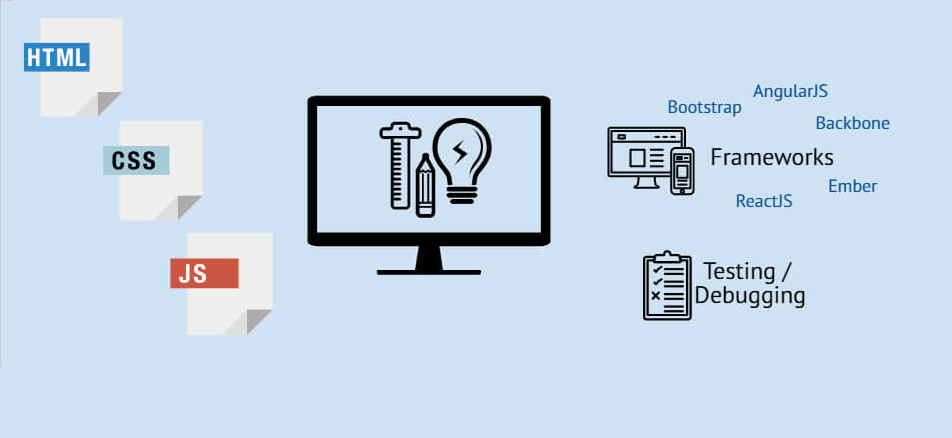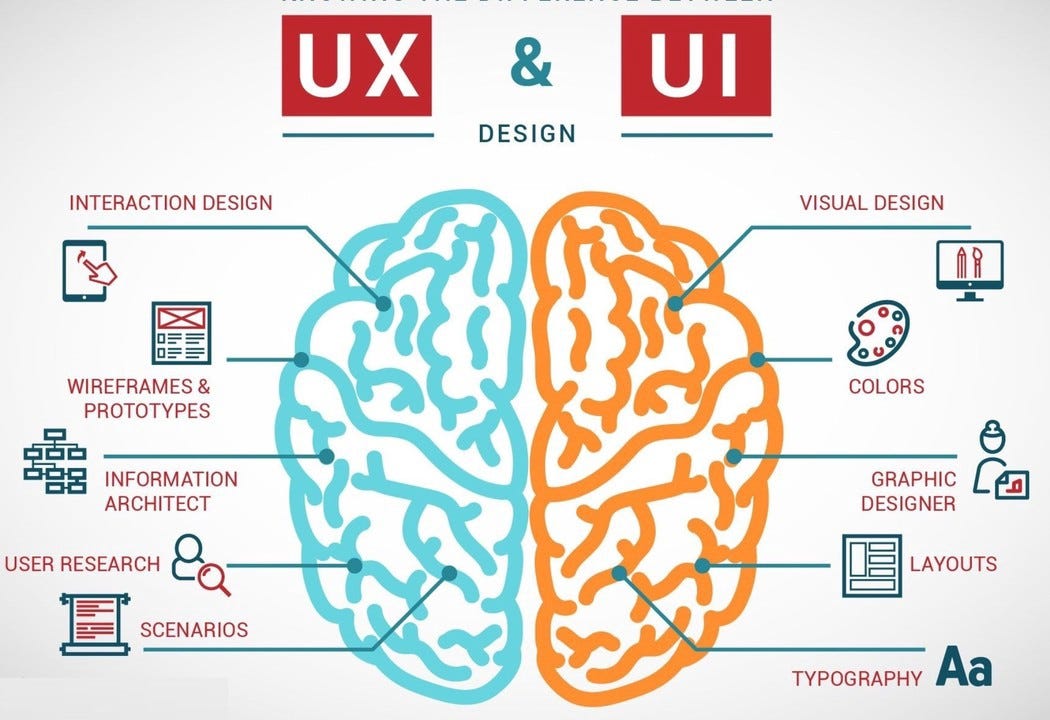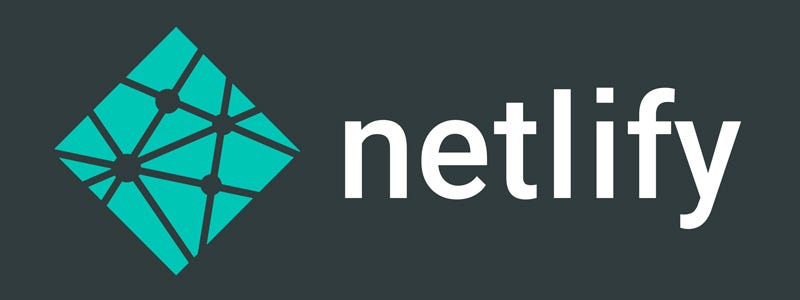
Thinking of becoming a front end dev? Well, there are a few things to keep in mind, some best practices, and tips I can give you on that front.
When people start thinking on the type of development they want to do when learning to code, a common answer is front end web development — why? I believe this is due to a couple of factors. Firstly, the necessary languages to understand are the most prominent in the programming world. Learning HTML, CSS, and JavaScript or Python is what you’ll need (excluding frameworks) to begin your front end journey, and since those are such popular languages in the business, there are a lot of online resources and classes one can take advantage of to start. Secondly, I believe that since the front end is so visual, a lot of people have an easier time grasping the changes they’re making to their code because they can see it on the screen. Code and programming can end up becoming a very meta and cerebral concept when we start to get to advanced topics, and therefore the back end work can seem a little intimidating, or confusing, when first starting out.
So if this is the path we want to take, at least to start, what are some things to know?
We are not the designers

Keep this in mind. Remember that we are making a site or features for a company, client, or ourselves, but we aren’t doing the design work that people so quickly assume it is due to the visual nature of the work. If that is more your bag, look into programming work that has to do with design — UX/UI work is exactly that. Web designers are also a completely different trade, which should be something a new curious mind researches in order to make sure front end development is really what they want to do.
Front end development more so relies on working with the programming nature of the work, especially with JavaScript. This has to do with functionality, features, and what we call utilizing “event listeners” in JS (making actions happen; like clicking a button and it having an action).
So what would we be using?

Like stated before, we would be using the big 3, which is HTML, CSS, and JavaScript (or perhaps Python depending on your work). HTML is the structure and groundwork of any website — think about the foundation of a home. Every single website uses it, and its a really approachable and simple language to learn and work around. If you’re interested in websites, there is no escaping learning HTML. CSS is our visual aspect language we will use along with the other two. Its a super important thing to get. This is how we make things pop, have color, get lined up and straightened out on the page, etc. Lastly, we have JavaScript, which is easily the hardest and most complicated of the three languages. This has all our functionality within it, how events work, and how the user interacts with it. Python may be used by other developers, but that language is usually used to work with big data or data science — still, it doesn’t hurt to learn either (its super popular!).
Frameworks are also something you can start to learn about once you get more comfortable with these big three. Frameworks are super popular at companies due to the realistic organization it presents with huge amounts of code. It allows a huge moving machine like Facebook to operate cleanly with a ton of different engineers due to the fact that they can work on small moving parts at a time neatly organized within the framework. If you’re thinking of learning one, I’d say go with React, but Vue.js is great as well. React can be a little strange, and passing props can break your mind when first starting, but once you understand it it will organize your code and let you move around your site way faster — and quicker rendering!
How do I put myself out there once I toy around a bit?

Once you’ve learned a bit of what you should know as a front end developer, you should have a couple things handy for employers to see. First of all, definitely have a Github account. This will upload your code and make it presentable for all coming to see it. It shows how often you upload and tells your story of progression, so make one ASAP when you first start programming; even if it is small dumb little projects! When you make your Github, also, please, have good readmes for each project!
Next present your portfolio nicely on a website. Does it have to be a website you made? No — it doesn’t. Just make a quick Squarespace site in the meantime with all of your information, your Github, and some previews of your projects on it. Think of it as a digital business card. Later you can make your own site, but so you don’t get bogged down with the project of your own portfolio, it is totally kosher to start with a Squarespace site to make it simple.
Speaking of showing off your projects, make sure to utilize Netlify. It’s a great program a lot of developers use to deploy the projects they’ve made in case you don’t have a back end or you haven’t publicly made a site for it yet. It’s an awesome tool — look into it.
#coding #software-development #programming #front-end-development #visual studio code
